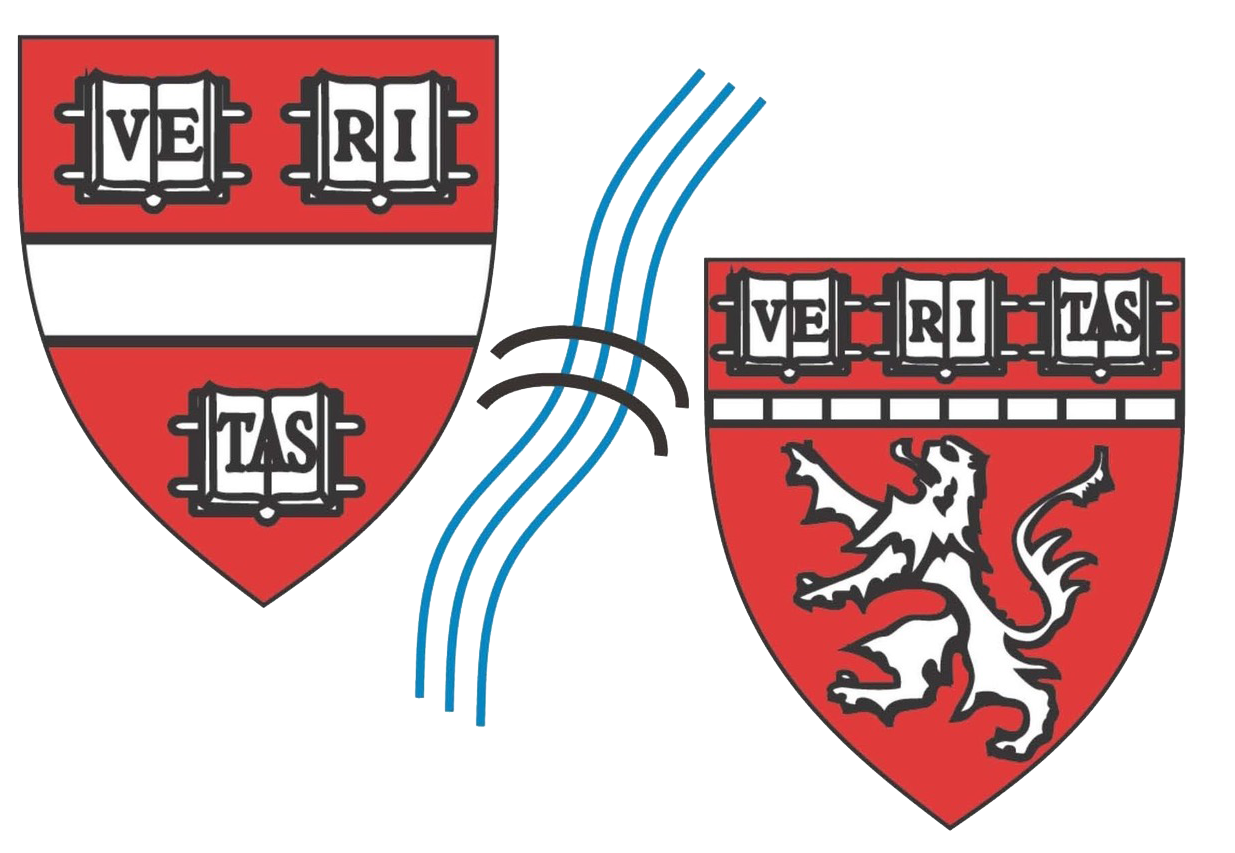Mark L. Andermann, Ph.D. (He/Him/ His)
Division of Endocrinology, Diabetes and Metabolism, Department of Medicine
Beth Israel Deaconess Medical Center

The goal of my lab is to understand the role of corticolimbic areas in guiding attention to, and imagery, learning and memory of, motivationally-salient external and interoceptive stimuli.
The way that external stimuli are encoded in brain activity is increasingly well understood. In contrast, we sorely lack a mechanistic understanding of interoception – the processes by which the brain receives, attends to, and acts upon visceral signals arising from inside the body (e.g. heartbeat, stomach stretch, pain). This is surprising given the urgent clinical mandate for understanding body-brain communication and its disruptions (e.g. in eating disorders, anxiety disorders, addiction, autism, cardiovascular, gastrointestinal and respiratory disorders and pain). Our research aims to establish a cognitive neuroscience of interoception at cellular resolution.
Specifically, we are defining the cellular and circuit mechanisms by which predictions, sensations, awareness, attention, and memory of body signals help restore and maintain homeostasis. Our recent findings suggest that insular cortex integrates bodily signals of energy/water deficits with cues conveying food or water availability to correct the deficits. By imaging hundreds of neurons in insular cortex of behaving mice, we identified distinct patterns of active neurons during states of energy deficit or dehydration. During detection and consumption of small amounts of food or water, insular cortex activity transiently shifts to a pattern associated with a future satiety state. We argue that the cerebral cortex and its connections with the brainstem, midbrain and hypothalamus are central to active cognitive control of homeostasis.
Note: Uncertain if accepting rotation students for the 2022-2023 year.
Selected Publications:
Livneh, Y, Ramesh, RN, Burgess, CR, Levandowski, K, Madara, J, Fenselau, H, Goldey, G, Diaz, VE, Jikomes, N, Resch, J, Lowell, BB**, and Andermann, ML** (2017). Homeostatic circuits selectively gate food cue responses in insular cortex. Nature (Article format). DOI: 10.1038/nature22375. Advanced online publication, June 14, 2017. In print: June 28, 2017. **Co-corresponding author. PMCID: PMC5577930.
Burgess, CR*, Ramesh, RN*, Sugden, AU, Levandowski, KM, Minnig, MA, Fenselau, HF, Lowell, BB, and Andermann, ML. Hunger-dependent enhancement of food cue responses in mouse postrhinal cortex and lateral amygdala. Neuron, in press. (* co-first author).
Jikomes, N, Ramesh, RN, Mandelblat-Cerf, Y, and Andermann, ML. Pre-emptive stimulation of AgRP neurons in fed mice enables conditioned food seeking under threat. Current Biology, in press.
Mandelblat-Cerf, Y, Ramesh, RN, Burgess, CR, Patella, P, Yang, Z, Lowell, BB, and Andermann, ML. Arcuate hypothalamic AgRP and putative POMC neurons show opposite changes in spiking across multiple timescales. eLife 4, (2015).
Glickfeld, LL, Reid, RC & Andermann, ML. A mouse model of higher visual cortical function. Current Opinion in Neurobiology 24, (2014).
Andermann, ML, Gilfoy, N, Goldey, G, Sachdev, R, Wolfel, M, McCormick, D, Reid, RC, & Levene, M. Chronic cellular imaging of entire cortical columns in awake mice using microprisms. Neuron 80, (2013).
Goldey, G, Roumis, D, Glickfeld, LL, Kerlin, A., Reid, RC, Bonin, V., Schafer, D., and Andermann, ML. Removable cranial windows for long-term imaging in awake mice. Nature Protocols 9, (2014).
Glickfeld, LL, Andermann, ML, Bonin, V & Reid, RC. Cortico-cortical projections in mouse visual cortex are functionally target specific. Nature Neuroscience 16, 219–26 (2013).
Contact Information
330 Brookline Ave., E\CLS 701
Boston, MA 02215
